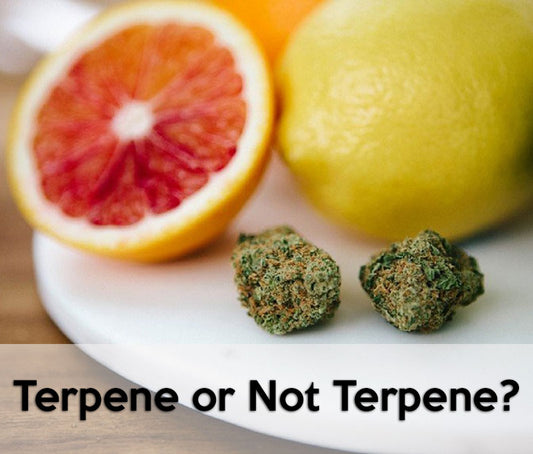News
Want to learn the latest happenings from your favorite vaporizer company? Or, perhaps you want to learn more about vaporizing temperatures and aromatherapy benefits? Look no further!
Covering your news in the portable vaporizer scene, temperature recommendations, editorials about herbal aromatherapy and much more. We also share information from the emergent cannabis industry such as terpenes, research and news on medical cannabis as well as health and wellness benefits.
BROWSE TOPICS









